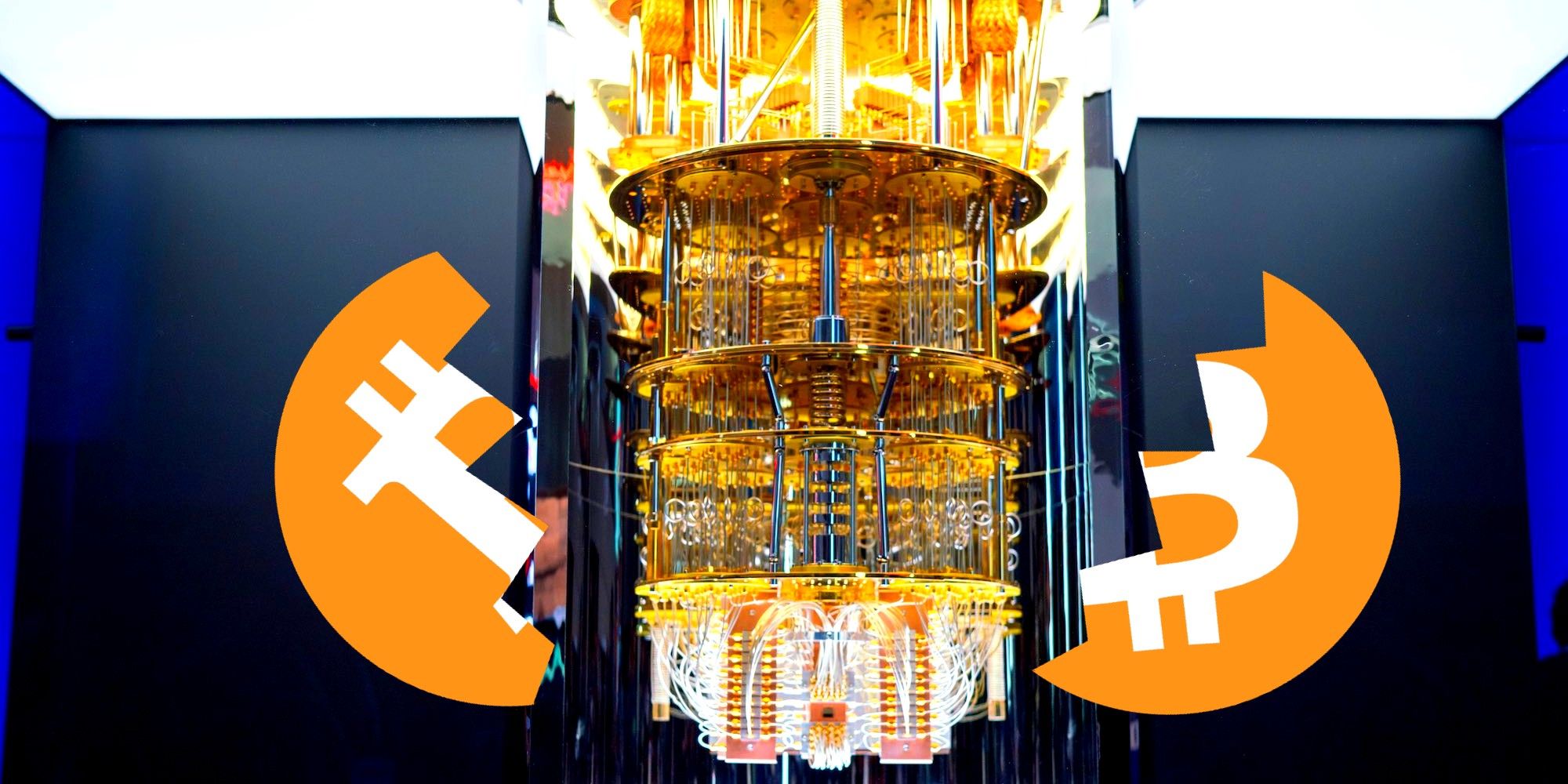With the rise of quantum computers, one of the biggest concerns in the blockchain is their alleged ability to break cryptographic encryption algorithms, allowing them to rip apart the security that blockchains were designed to provide. Much of the internet is built on cryptographic algorithms that even the world's fastest supercomputers cannot break (fast), but a sufficiently powerful quantum computer could crack all of it in moments. Because quantum computers could one day crack the cryptography that provides protection to crypto wallets, they are viewed as a looming existential threat.
Cryptocurrency gets its name from cryptography, a field of mathematics dedicated to encrypting and decrypting messages. Thanks to cryptography, e-commerce websites, social media, banking apps and pretty much any exchange of sensitive data can exist without the threat of hackers intercepting the data. Bitcoin was the first blockchain in existence, a computer network that uses cryptography and cryptocurrency mining to store data on a public ledger that cannot be censored or modified. Blockchains, especially Bitcoin, use the SHA-256 hashing algorithm to produce unique, fixed-length 'fingerprints' for each data block that ties it to all previous data blocks in the chain. This algorithm is impossible for digital computers to reverse and is why crypto mining is so energy intensive.
As CoinTelegraph discusses, quantum computers could (theoretically) break through the SHA-256 hashing algorithm that Bitcoin and many other blockchains rely on for producing blocks and signing transactions. If this happened, then a quantum computer could forge transaction signatures, recover private keys from public keys, change data in the blockchain's history, outpace all the miners/validators in the network and completely hijack the blockchain. Since the Decentralized Finance (DeFi) sector holds many billions of dollars in value (as of 2022), there is a tremendous economic gain for anyone who can crack the blockchain's cryptography.
While A Likely Threat, There Is Time To Prepare
This is not a good thing for blockchain technology. While some blockchains were designed to be 'quantum resistant' and will survive the rise of quantum computing in their current form, other blockchains like Bitcoin and Ethereum are not equipped to deal with an attack from a quantum computer. Furthermore, this attack would destroy the security of Ethereum's decentralized applications (dApps) as well as every internet application that relies on AES and SHA-256 encryption, which most of the internet is built on.
Fortunately, a quantum computer would need millions of 'qubits' to break modern cryptography, but currently, they have less than 100 qubits. So while quantum computers can do amazing things like simulating the physics inside a black hole, they cannot yet reverse a cryptographic hashing algorithm and won't be able to for some time. Also, blockchains can be upgraded as long as all the miners/validators running the network agree to implement the upgrade. While blockchain upgrades are extremely rare due to disagreements from independent miners/validators, quantum resistance will be a matter of life or death for blockchain technology. There is no rational excuse for any miner/validator to refuse a quantum resistance upgrade when the threat of a quantum attack becomes plausible.
While quantum computers threaten blockchains, this threat won't become a reality for at least a few decades (barring major technological breakthroughs). Bitcoin's creator(s), Satoshi Nakamoto, did not anticipate the rise of quantum computing, but they did provide Bitcoin with the ability to be upgraded. There is still time for mathematicians to discover better forms of quantum-resistant cryptography and for blockchain miners/validators to implement it.
Source: CoinTelegraph


